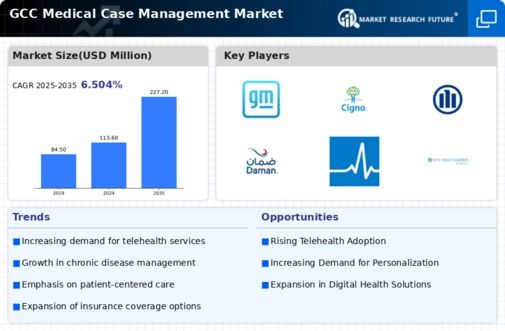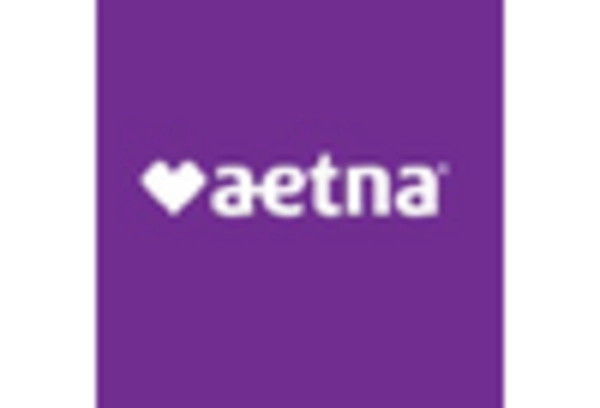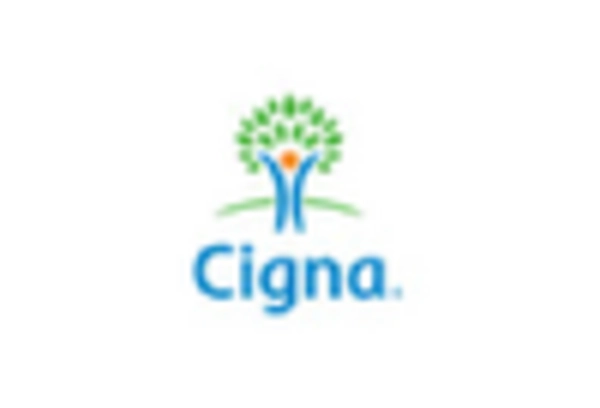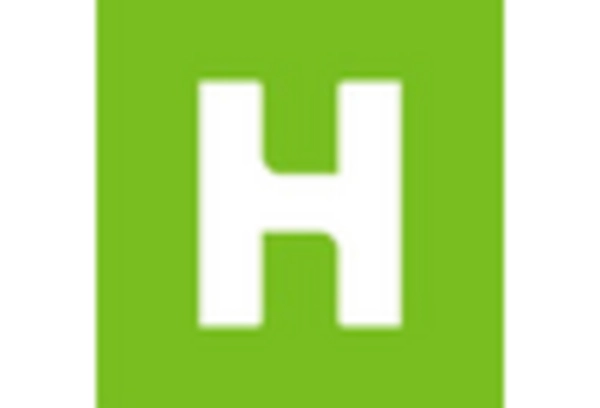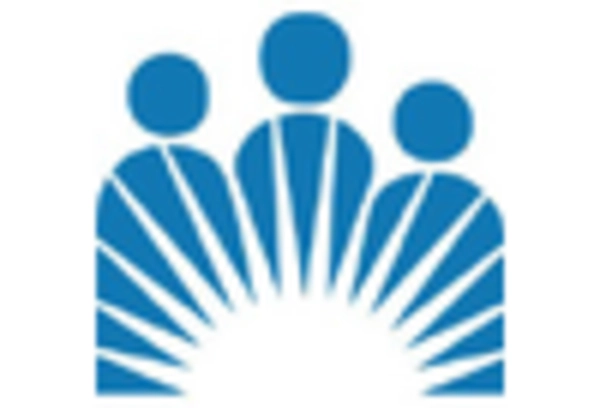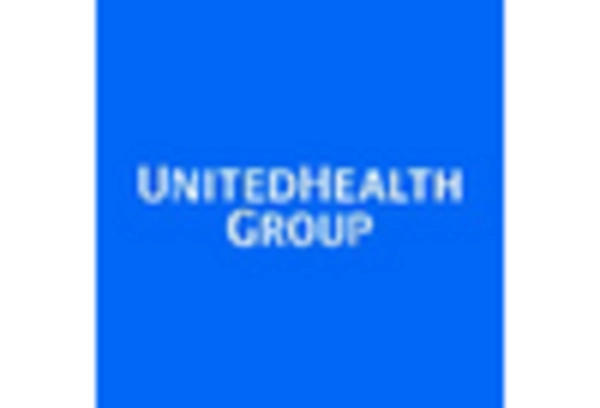Rising Demand for Healthcare Services
The medical case-management market is experiencing a notable increase in demand for healthcare services across the GCC region. This surge is attributed to a growing population and an increasing prevalence of chronic diseases, which necessitate more comprehensive care management solutions. According to recent data, the GCC healthcare expenditure is projected to reach approximately $104 billion by 2025, indicating a robust investment in healthcare infrastructure. This rising demand compels healthcare providers to adopt effective case-management strategies to enhance patient outcomes and streamline service delivery. As a result, the medical case-management market is likely to expand significantly, driven by the need for efficient resource allocation and improved patient care coordination.
Government Initiatives and Regulations
Government initiatives aimed at improving healthcare quality and accessibility are playing a crucial role in shaping the medical case-management market. In the GCC, various governments are implementing policies that promote integrated care models and incentivize healthcare providers to adopt case-management practices. For instance, the introduction of mandatory health insurance in several GCC countries has led to an increased focus on patient management and care coordination. These regulatory frameworks not only enhance the quality of care but also encourage the adoption of innovative case-management solutions. Consequently, the medical case-management market is likely to benefit from these supportive government policies, fostering growth and development in the sector.
Technological Advancements in Healthcare
Technological advancements are significantly influencing the medical case-management market in the GCC. The integration of digital health solutions, such as telemedicine and electronic health records (EHRs), is transforming how healthcare providers manage patient care. These technologies facilitate better communication, data sharing, and real-time monitoring of patient health, which are essential for effective case management. As healthcare providers increasingly adopt these technologies, the medical case-management market is expected to grow. Reports indicate that the telehealth market in the GCC is projected to reach $1.5 billion by 2025, highlighting the potential for technology-driven case-management solutions to enhance patient care and operational efficiency.
Focus on Preventive Care and Wellness Programs
There is a growing emphasis on preventive care and wellness programs within the GCC, which is positively impacting the medical case-management market. Healthcare providers are increasingly recognizing the importance of proactive health management to reduce the incidence of chronic diseases and improve overall population health. This shift towards preventive care encourages the development of case-management programs that focus on health education, lifestyle modifications, and early intervention strategies. As a result, the medical case-management market is expected to expand as healthcare organizations invest in preventive initiatives that align with national health goals and enhance patient engagement.
Aging Population and Increased Chronic Conditions
The aging population in the GCC is contributing to a rise in chronic health conditions, which in turn is driving the medical case-management market. As individuals age, they often experience multiple health issues that require coordinated care and management. This demographic shift necessitates the implementation of effective case-management strategies to address the complex needs of older patients. Data suggests that by 2030, the proportion of the population aged 60 and above in the GCC will increase significantly, leading to a higher demand for specialized case-management services. Consequently, healthcare providers are likely to invest in case-management solutions to improve care delivery for this growing segment of the population.


